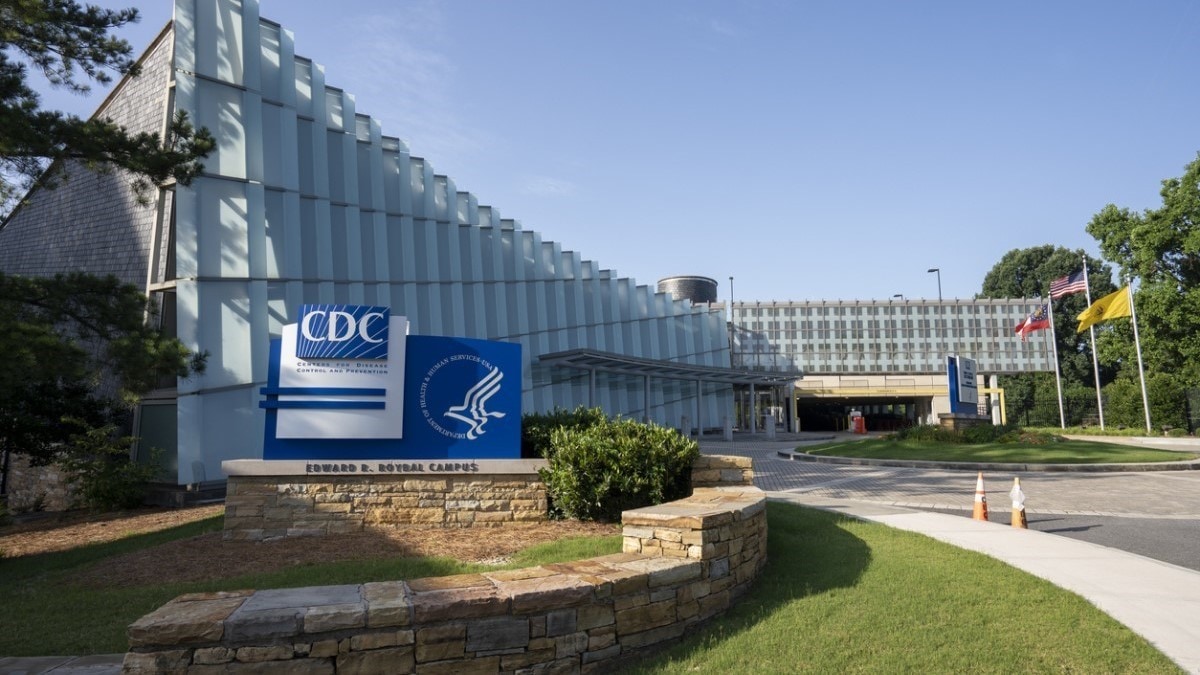What to know
CDC works with public, non-profit, and private partners to develop and implement ways to help the growing number of people in the United States who live beyond cancer.

Surveillance
CDC helps track how many people live 5 years or longer after diagnosis with different kinds of cancer. The United States Cancer Statistics: Data Visualizations tool shows 5-year relative survival estimates for different cancers and different demographic groups, for the nation and by state. CDC also has information on how many people are alive after a cancer diagnosis for the entire United States and by state.
The Behavioral Risk Factor Surveillance System (BRFSS) provides state-specific benchmarks for cancer prevention (tobacco use, nutrition, physical activity, and obesity) and early detection (mammograms and cervical, colorectal, and prostate cancer screening tests). The BRFSS also provides state-level data to help public health professionals determine cancer prevalence in their states.
The National Health Interview Survey (NHIS) collects data on issues of importance to people with cancer. Questions address topics such as cancer prevention (nutrition, physical activity, and tobacco and alcohol use) and early detection practices (such as cancer screening). The NHIS provides data on how people with cancer are doing in the United States and guides the development of new programs and policies at the national level.
The Medical Expenditure Panel Survey (MEPS) is a nationwide survey that represents people of all ages in the United States, conducted by the Agency for Healthcare Research and Quality (AHRQ). Through five rounds of in-person interviews over a 2-year period, this survey collects information about how people use health care and the amount of money they spend on health care. MEPS is completed by people who participated in the NHIS the year before. It includes a special set of questions for people who have cancer. CDC, AHRQ, and other partners analyzed responses to cancer survivorship questions that examined quality of life and the cost of cancer care.
National Comprehensive Cancer Control Program
CDC’s National Comprehensive Cancer Control Program encourages its award recipients to pay special attention to the needs of people with cancer and their families. For example, four award recipients conducted a pilot study to reduce health inequities experienced by people with cancer in rural areas.
Research
CDC supports, designs, implements, disseminates, and evaluates public health research to assess the needs of people with cancer and those who care for them. See a list of CDC's research on cancer survivorship.
